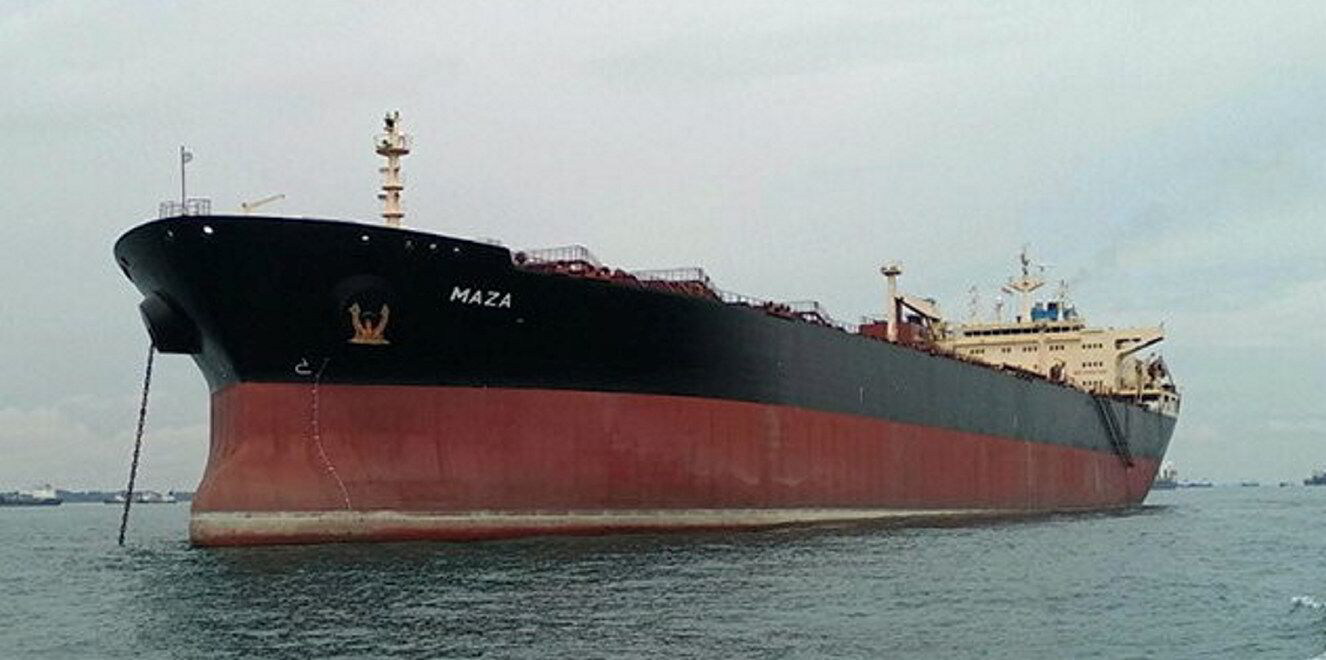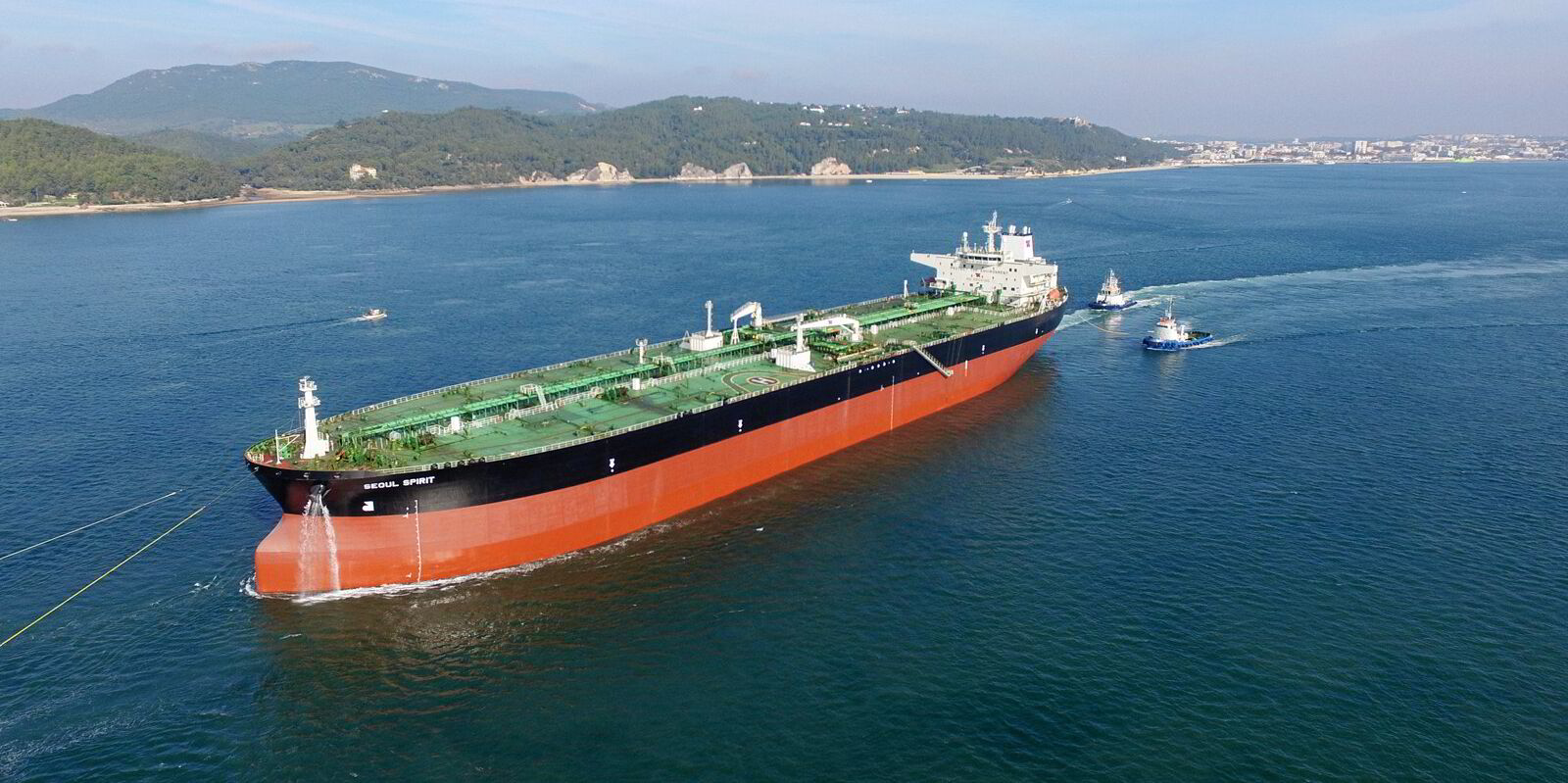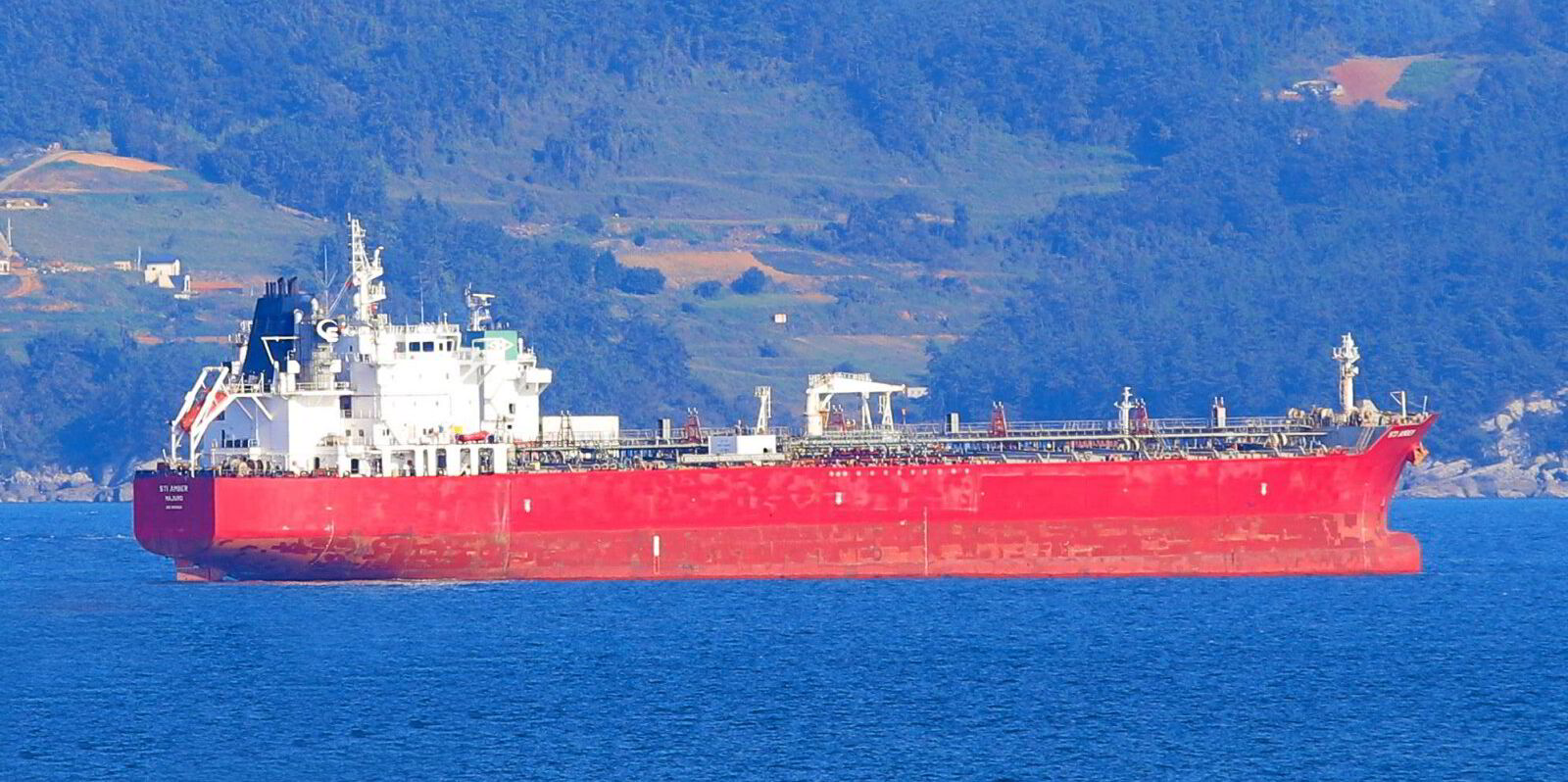The suezmax market has skipped the summer entirely.
Rates for this class of tankers remain high and have largely avoided the seasonal downturn typically associated with the northern hemisphere’s warmer months.
This has prompted Fearnleys to claim suezmaxes have bucked the normal trend entirely.
“While the Atlantic market continues to deliver bumper summer returns (relatively speaking), you could be forgiven for asking, what are the fundamentals that are keeping this market so high?” the shipbroking giant said in its weekly note.
“The answer is sentiment, because when you count ship/cargo ratios, the supply/demand argument doesn’t stack up.
“We’re now fixing August dates with TD20 [the West Africa to Europe route] at close to the Worldscale 100 mark, so ostensibly, there hasn’t been a summer market and when compared to the same time last year, it’s up nearly 30%.”
Fearnleys said the West Africa to Europe route has been sitting at WS 97.5 for the past several weeks, an assessment agreed by Howe Robinson, which estimated rates were at the same level on Wednesday.
On a time charter equivalent basis, that works out to $33,657 per day for a non-eco vessel.
Howe Robinson said non-eco ships sailing from the US Gulf to Europe were earning $24,371 per day and $28,232 per day sailing from the US Gulf to Singapore.
The outperformance from suezmaxes came as VLCCs continued to struggle and aframaxes faltered.
Fearnleys said VLCCs on the Middle East Gulf to China route was “teetering” on the $20,000 per day mark, with other routes falling into the teens on a TCE basis with activity for late July and early August dates failing to raise earnings.
For aframaxes — where rates remain elevated over years passed — owners are departing the North Sea due to weak demand holding down activity levels, the broker said.
But should they depart for the Mediterranean, they would just be adding to a growing tonnage list as owners there are said to be considering their options, as well.
“Even if activity picks up quickly, a proper clear-out is mandatory if we are to see a turning of the tide,” Fearnleys said.
It said cross-Mediterranean rates slipped 10 points to WS 137.5, while cross-North Sea fell to WS 120.






